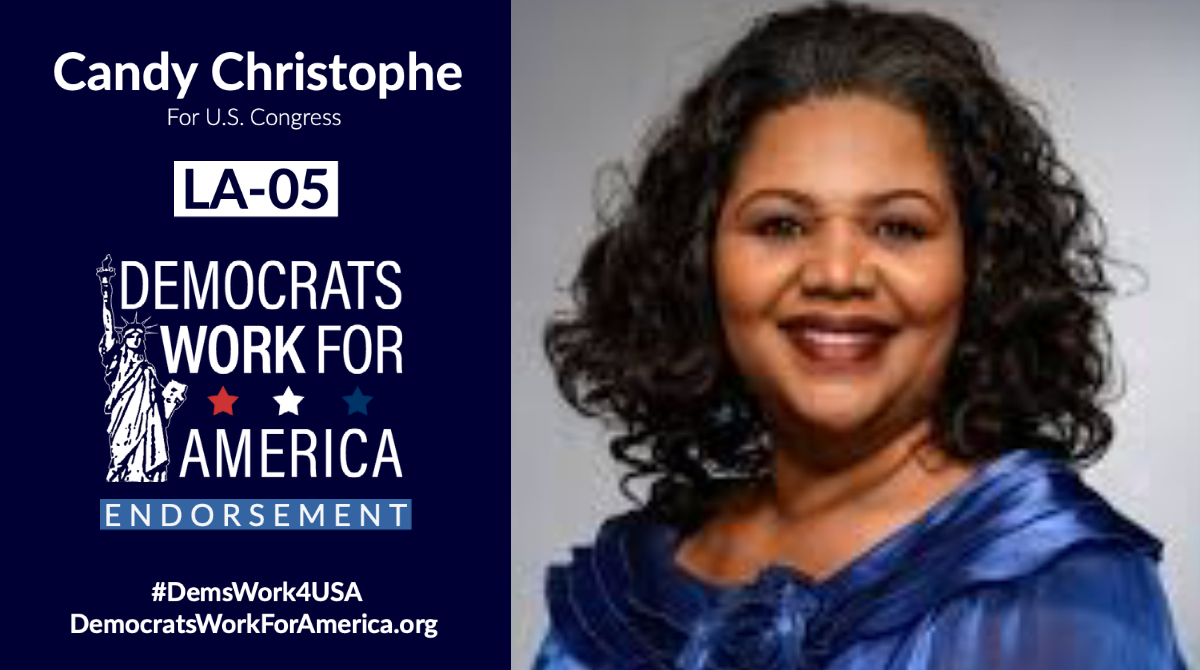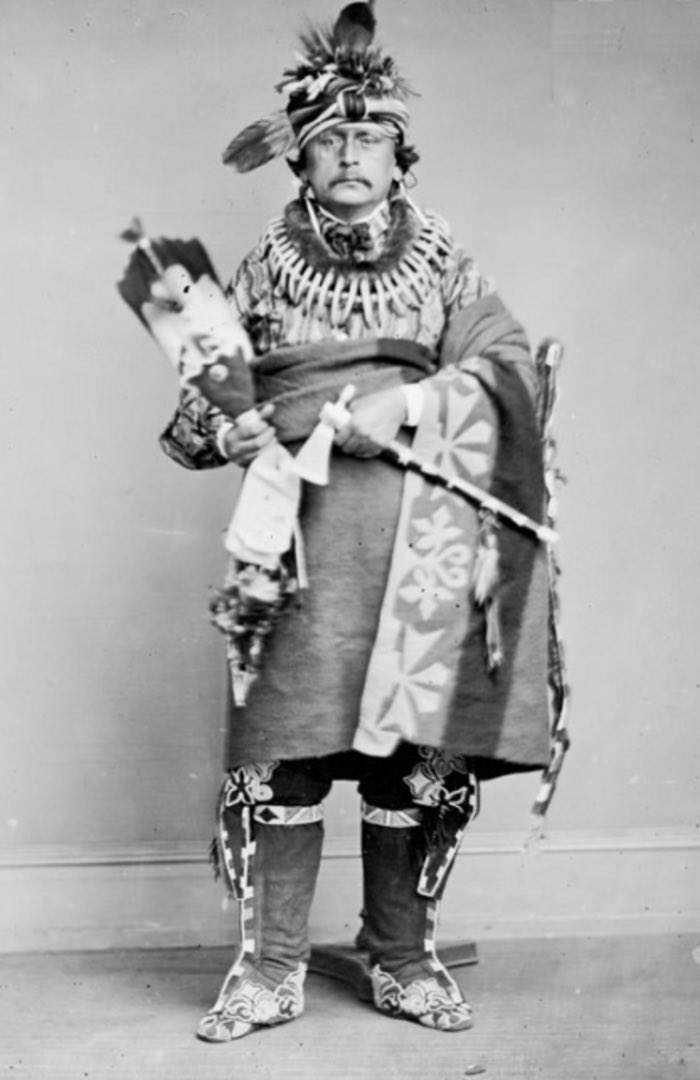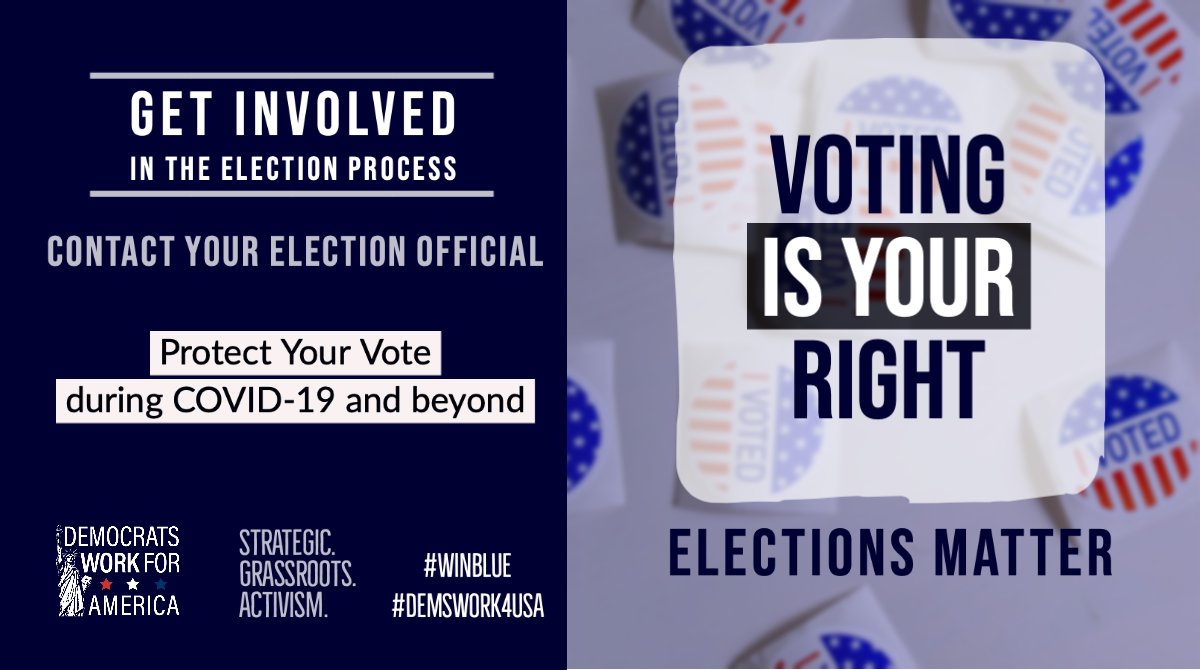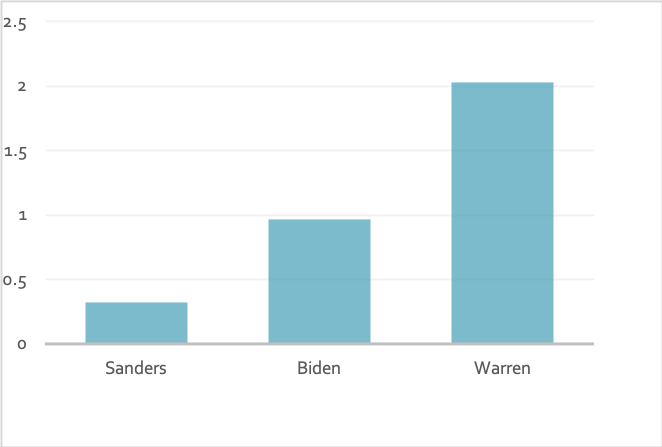
🧵1. There are a lot of political organizations out there and a lot of candidate endorsements. I co-founded @DemsWork4USA with @sumoh7 in 2017. We take a strategic approach to grassroots activism. We believe we need more money on the ground, not more money in ads. 
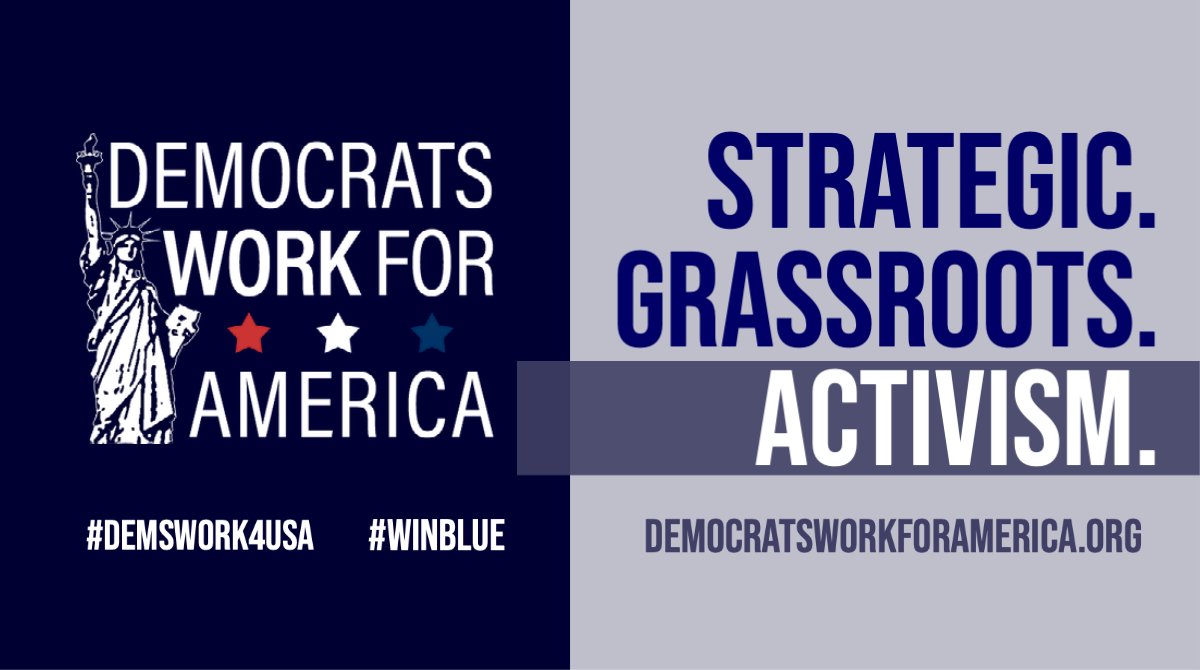
2. Make no mistake - there is a grassroots army, and they are uniquely positioned to assess candidates and address gaps in the party infrastructure. Our goal is to provide a framework to leverage and maximize the power of on the ground activists - and translate it into wins. 

3. We utilize a "grassroots up", multi-state, multi-cycle and longitudinal strategy to channel grassroots support toward candidates that will result in winning seats, retaining seats and building the bench. This is all critical to passing policy at the state and federal level. 

4. A core component of our model is our candidate and district assessments. We endorse the candidate that can most likely win their general election with grassroots support. We don't use litmus tests. Each assessment is unique and dependent on local input. 

5. We maintained an 83% win-rate in the 2018 primaries - which is comparable to DCCC and New Dem pac, but we endorsed way more candidates. 
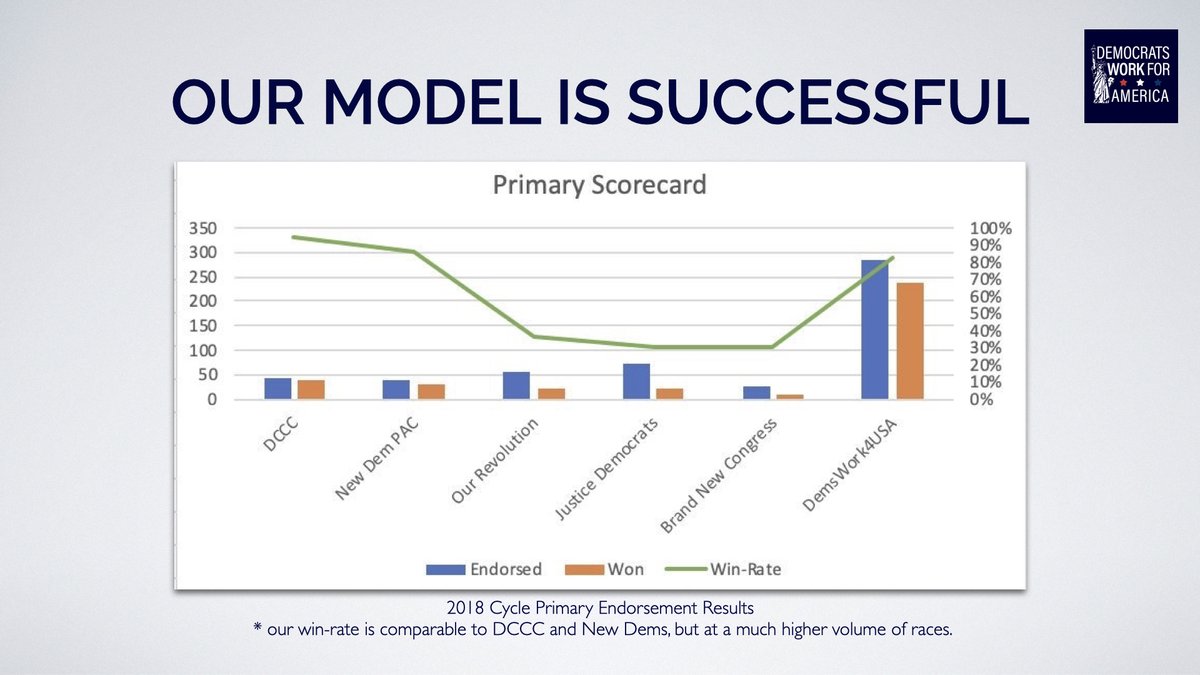
6. We improved on that in 2020 and maintained an 86% Primary win-rate. In our first two cycles we won 305 Primaries, 327 seats and assessed over 700 races. All on small dollar support (and a lot of hard work). 

7. But the truly exciting part is that our "grassroots up" model works. After the primaries, we usually endorse and support the nominee - especially top of ballot. Nominees we assessed as winnable and supported pre-primary outperformed those we didn't in 2018 and 2020. 

8. In other words - our assessments and strategy works. When you see us endorse a candidate that means that candidate has the best chance of winning the seat - that it's a good candidate to put your time and money into.
9. As you know, we’re facing re-districting and voting rights challenges in 2022. Keeping our majority will not be easy. This is a critical time for us to build capacity. Running more ads isn't going to cut it. We need organizing, advocacy, sustained action and strategy.
10. What can you do?
➡️Follow: @sumoh7 @DemsWork4USA
➡️Get-Involved: Sign up for updates or to volunteer at democratsworkforamerica.org
➡️Donate: secure.actblue.com/donate/demswor…
We can do this together! #WinBlue #YesWeCan #DemsWork4USA
➡️Follow: @sumoh7 @DemsWork4USA
➡️Get-Involved: Sign up for updates or to volunteer at democratsworkforamerica.org
➡️Donate: secure.actblue.com/donate/demswor…
We can do this together! #WinBlue #YesWeCan #DemsWork4USA
• • •
Missing some Tweet in this thread? You can try to
force a refresh




